In the world of electronic music, where creativity and originality reign supreme, the line between inspiration and imitation can often blur
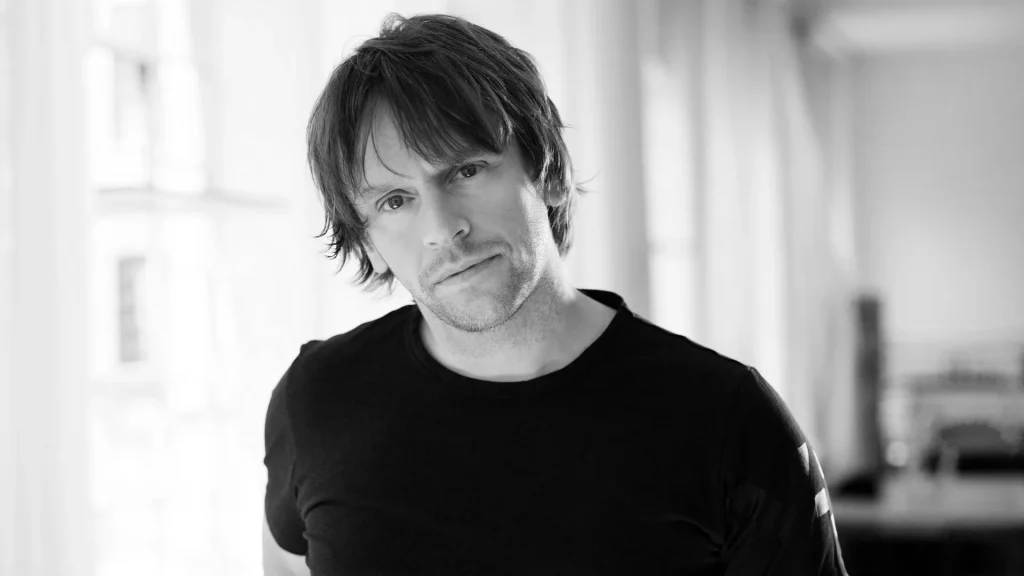
This is precisely the debate reignited recently as iconic British producer Nick Chicane took to social media to call out superstar DJ Calvin Harris for allegedly copying his music.
The Controversy Unfolds
Nick Chicane, known for his timeless hit Offshore, sparked the discussion by posting a video on Instagram directly comparing the chord progression of his classic track to Calvin Harris’s latest release, Blessings. The new track, released on May 9th, quickly became a topic of heated discussion as fans and fellow producers weighed in on the striking resemblance. The side-by-side audio comparison revealed a surprisingly similar progression, raising questions about artistic integrity and the thin line between influence and imitation.
Is It Inspiration or Imitation?
Sampling and borrowing from past works are not new concepts in electronic music. In fact, they are foundational to the genre’s evolution. However, when does a nod to the past cross the line into blatant copying? Chicane’s frustration is understandable, as Offshore remains one of the most iconic tracks in dance music history. For many, it feels like more than just a passing resemblance, potentially crossing into the territory of musical plagiarism.
The Power of Public Callouts
By publicly calling out Harris, Chicane has reignited a long-running debate within the electronic music community. Should established artists be held to a higher standard when it comes to originality, or is it all part of the creative process? Harris, known for his chart-topping hits and mainstream appeal, has yet to publicly address the comparison, leaving fans to speculate about his intentions.
Legal Consequences or Creative License?
While no formal copyright action has been taken, the social media storm has highlighted the gray areas in music copyright law. With millions of tracks released each year, some level of overlap is inevitable, but when does it cross into infringement? Legal experts often point out that copyright law is not always clear-cut in the world of electronic music, where layered samples and reworked melodies are commonplace.
What’s Next for the Debate?
As this story continues to unfold, the response from both artists will likely shape the industry’s ongoing conversation about creativity, inspiration, and ownership. Whether Harris chooses to address the claims or move past the controversy, the debate has already sparked fresh discussions about the balance between homage and originality in modern music.
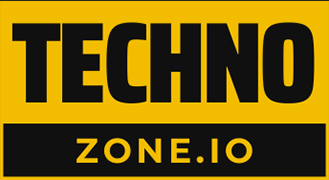
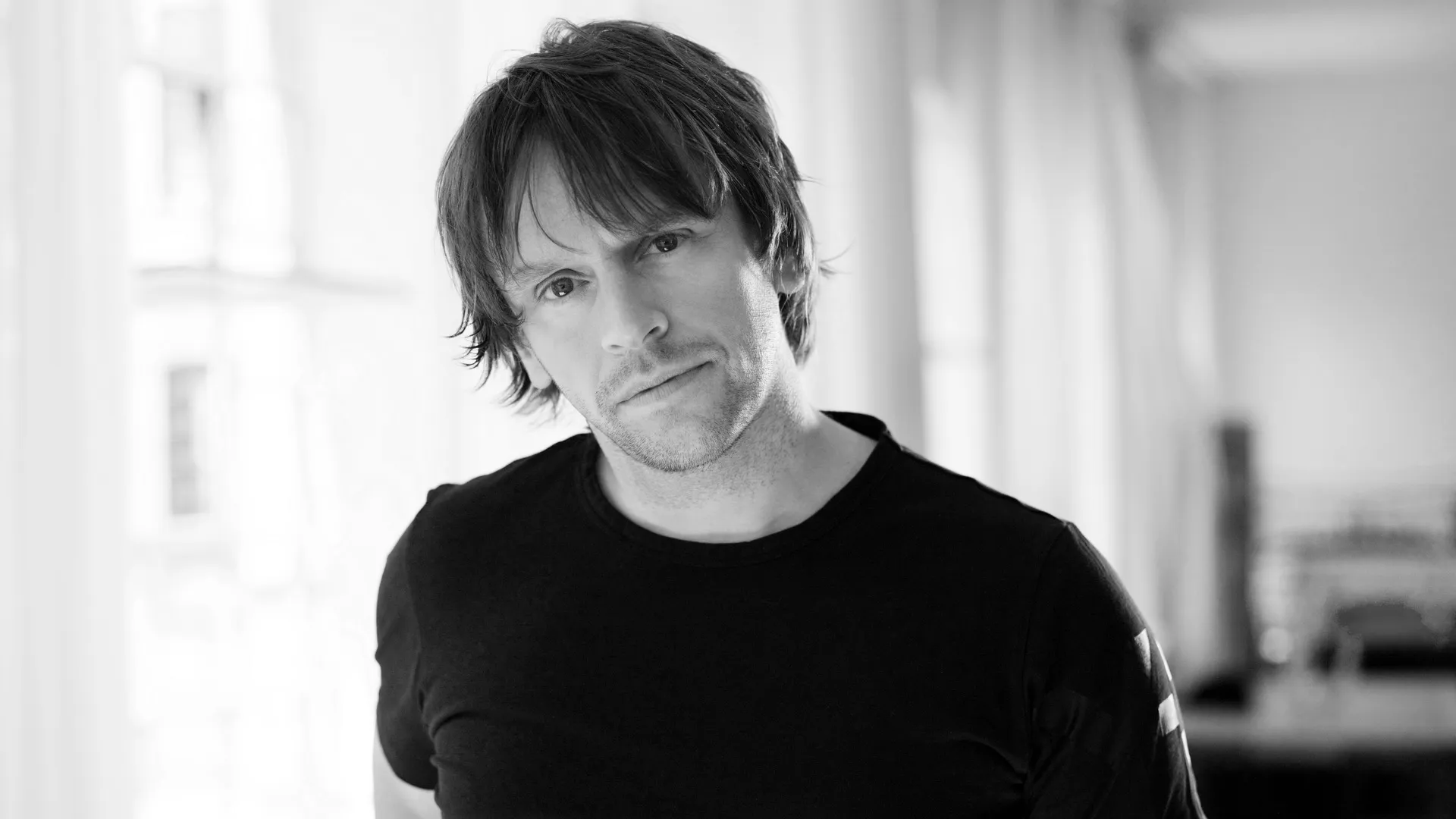
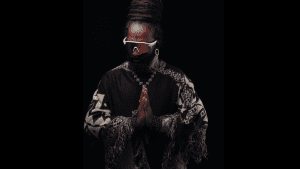
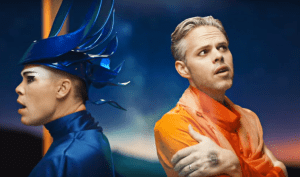

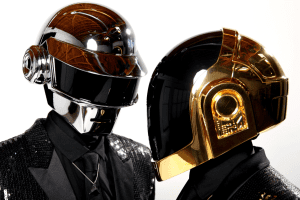
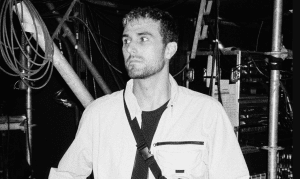
Comments are closed.